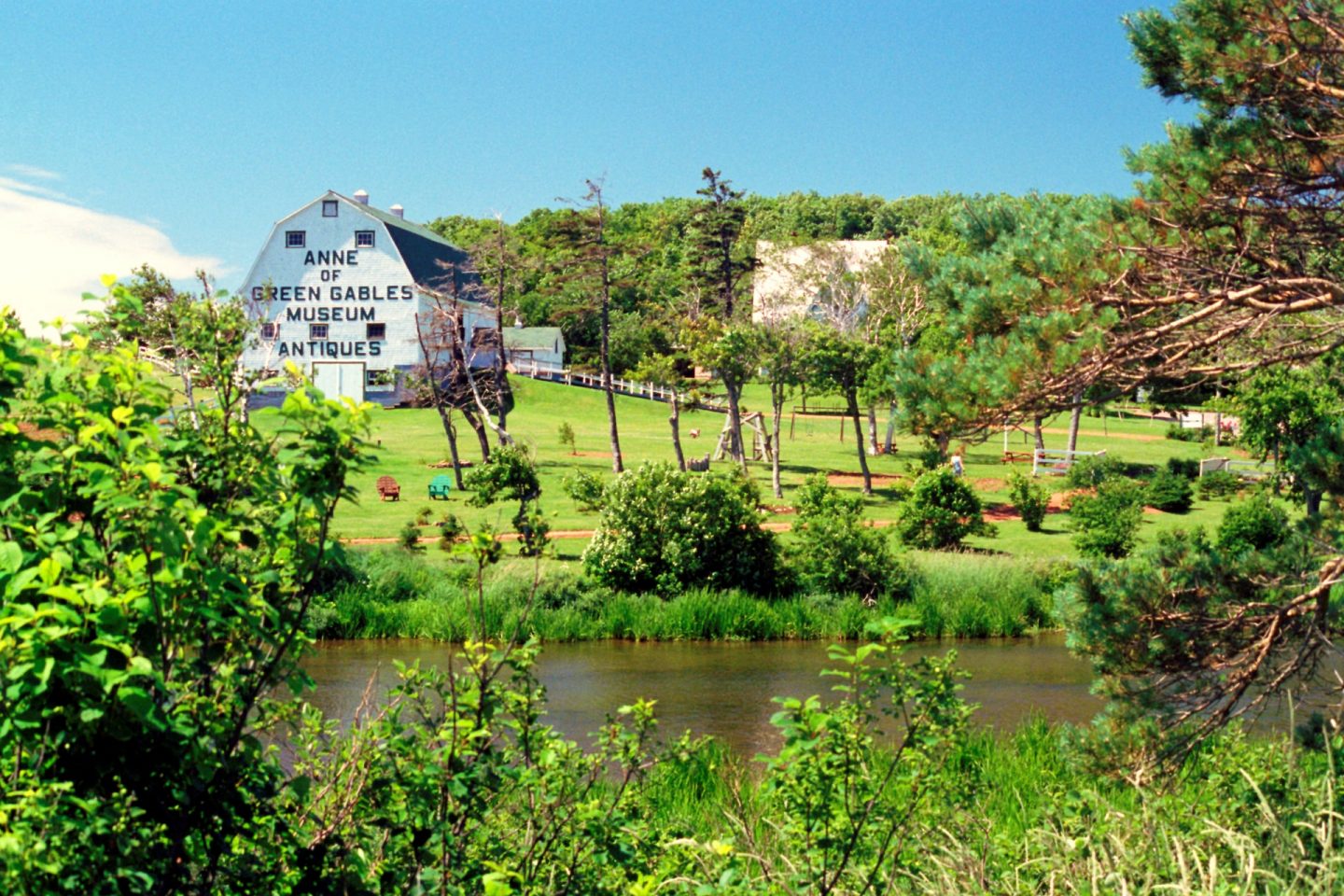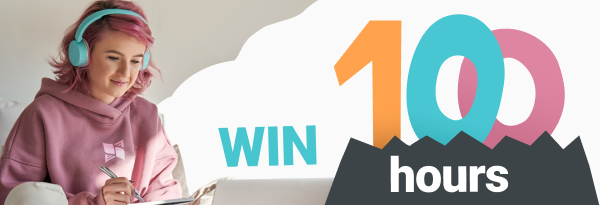Advertisement feature in association with Preply
I don’t have a great childhood memory, but there are snippets of things that stick in my mind, conversations, feelings. Sometimes I’m not sure if I actually remember them anymore, or just remember remembering them, like the dream I had when I was about four years old of walking over a hill with my school satchel.
One thing I do remember though is reading Anne of Green Gables. I must have been young, (I hope I was anyway), because I remember being incredibly earnest about it and the type feeling very small. I remember going into the kitchen to find my mum to show her, proudly, that I had already read three whole pages. You’d wonder at that rate if I might still be reading it, but I must have picked up the pace a bit because I know I finished.
What I didn’t know until about ten minutes ago though is that Anne of Green Gables is the most translated children’s book to come out of Canada and that it has been translated into over 36 different languages.
I learnt this fun fact, (which feels like the kind of fact I might never forget), from online language school Preply. Preply has ten of thousands of online tutors in 185 countries around the world, so you can learn a language with an experienced native tutor. They cater of adults and children alike.
Of course Anne of Green Gables doesn’t even come close to The Little Prince.
Antoine de Saint- Exupéry currently holds the Guinness record for the most translated author and The Little Prince has been translated into over 382 different languages. I didn’t even know there were over 382 different languages, although I just Googled it and apparently there are around 6,500 so now I feel like a right idiot.

Here’s the top ten by country if you fancy a bit of international reading inspiration:
-
The Little Prince by Antoine de Saint-Exupéry (382+ languages) – France
-
The Adventures of Pinocchio by Carlo Collodi (300+ languages) – Italy
-
Alice’s adventures in Wonderland by Lewis Carrol (175+ languages) – England
-
Andersen’s Fairy Tales by Hans Christian Andersen (160+ languages) – Denmark
-
Pippi Longstocking by Astrid Lindgren (70+ languages) – Sweden
-
Heidi by Johanna Spyri (50+ languages) – Switzerland
-
Anne of Green Gables by Lucy Maud Montgomery (36+ languages) – Canada
-
Bambi, a Life in the Woods by Felix Salten (33+ languages) – Austria
-
Kumewawa, the Son of the Jungle by Tibor Sekelj (17+ languages) – Slovakia
-
One Hundred Poems for Children by Oscar Alfaro (7+ languages) – Bolivia
How to learn a language through reading
Reading can actually be a brilliant way to support language learning. Just as we read to our children when they are small to help them learn t0 understand and speak their own language, reading at any age in another language can be hugely beneficial.
Here are some tips from Preply around how to use reading to help you learn a new language:
Read children’s books
These books have shorter content, basic vocabulary, and simple sentences. Begin with the easiest reading material. If you’re an adult who wants to learn, don’t be prejudiced against children’s books as this is a great way to learn the basics.
Consider reading parallel texts
Get a book that is written in dual language. With these books, there are translations written right below the sentence you’re reading. This will save you time from finding the closest dictionary. It will also allow you to see how the grammar rules vary and you can notice similarities and differences.
Read a lot!
If you’re learning a new language, it’s about quantity. If you don’t take everything in, don’t worry – keep going. The idea is to expose yourself to as much material as you can. You don’t need to understand everything. It’s more about practicing your contextualizing abilities and guessing what you’re reading about. Try to make out what’s actually happening overall.
Read with intent
Just as you should try reading extensively, you should also try the technique of intensive reading. This means, being actively involved with what you’re reading and absorbing everything before moving on. If you don’t understand something – underlining the words, dog-ear pages, or writing your mnemonics to help.
Read about what you or your children love
If your child loves music, then have them read a book in a different language that’s about music. If you love gardening, then find multilingual books about gardening. If you love cooking, you can find recipe books in the language you want to learn. This will help ensure you don’t get bored, as it’s not easy learning a new language and you might be tempted to give up.
Win a year of free language lessons
Over the next couple of months anyone taking online language lessons with Preply has the chance to win 100 hours of lessons – that’s around two one hour lessons every week for a whole year. The lessons are worth over £1,000, so if you’re serious about learning a new language it would be a fantastic prize.
What new language would you learn?
It would be French for me. I absolutely love French, I think it’s beautiful. I studied French and German at A-level and if I hadn’t accidentally had a baby in the middle of my A-levels I think I would have done a French degree with a year in France. Not that Economics wasn’t a delight, (I did genuinely get a thrill from all the maths bits), but I didn’t get to go to Paris.
There are five draws being held until October 25th, and you get one entry into the draw for every lesson you take.
Find out more about how to win 100 hours of online language learning with Preply here.


